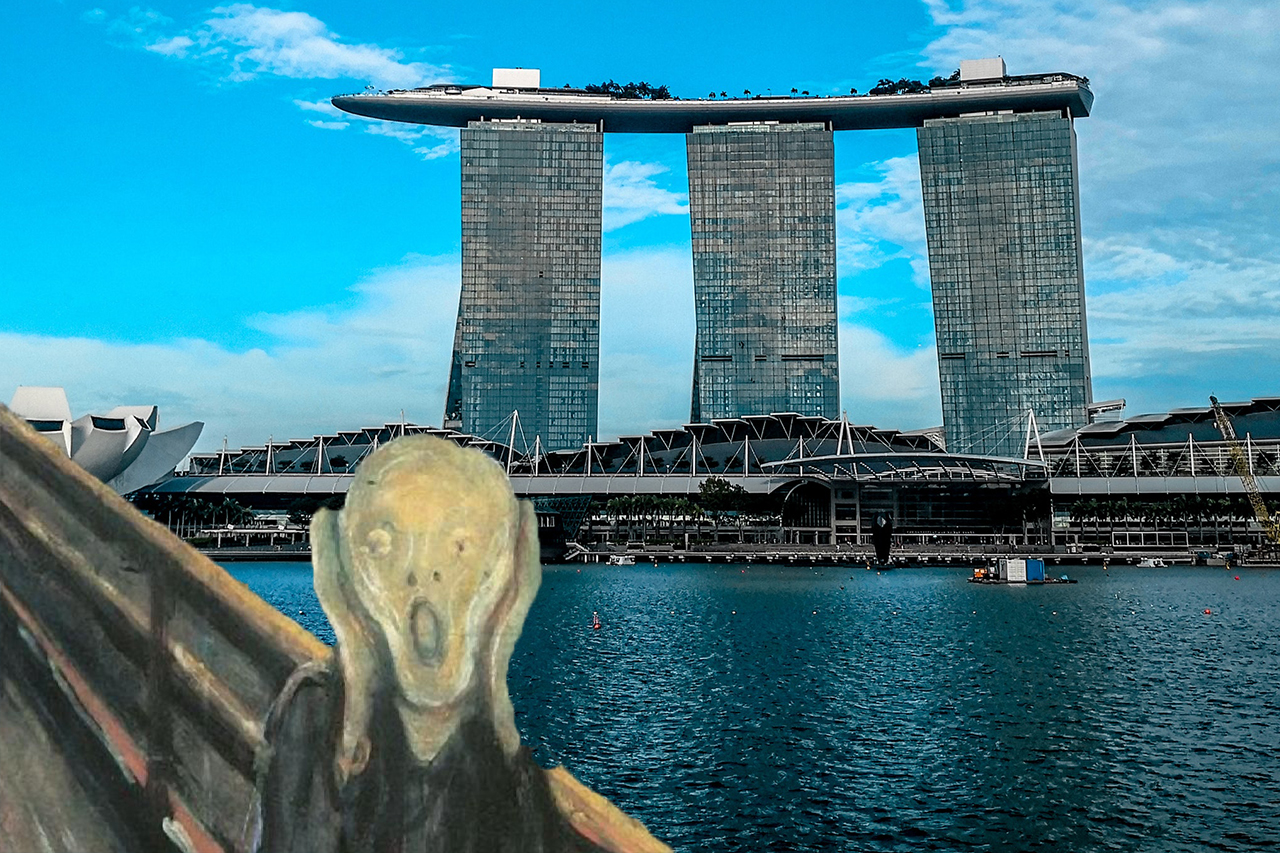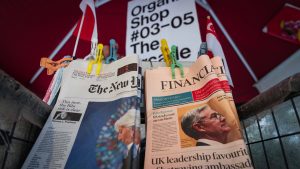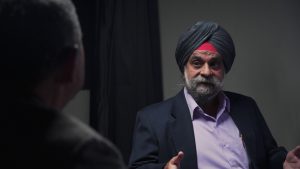To clarify, fear can sometimes be a good thing. For instance, support for the state’s hardline stance on drugs is partially motivated by the public’s fear that we might enable drug addicts and their addictions, should we ever relax our laws.
Yet when fear as an instrument of policy is routinely deployed, it loosens our grip on reality and undermines our ability to deal with complex issues intelligently. This is because fear has a tendency to metastasise, becoming wildly disproportionate to any objective or logical perspective of a situation.
In policymaking, this state of fear is known as moral panic. And it appears to be a key factor shaping many of our public policies.

Professor of Criminology and media analyst Scott Bonn describes moral panic as “a situation in which public fears and state interventions greatly exceed the objective threat posed to society by a particular individual or group”. Another sociologist, Stanley Cohen, notes that moral panic occurs when “a condition, episode, person or group of persons emerges to become defined as a threat to societal values and interests”.
Moral panic is thus characterised by an excessive fear that is disproportionate to the actual threat, and the mobilisation of societal concern, moral indignation, or hysteria.
During a recent Straits Times debate on whether Singapore should have minimum wage legislation, Professor Tommy Koh alluded to the Singapore government’s common resort to moral panic when he described the government’s arguments against a minimum wage as “the usual scare tactic”.
To understand moral panic, it is useful to highlight a few common features. First, moral panic focuses on the behaviour of certain individuals or groups, such as gamblers and addicts, that are often portrayed in an excessively negative light by the media. It’s important to note that these negative portrayals could be either real or imagined, and based on loose generalisations and commonly held stereotypes.
Second, moral panic often cannot be sustained. Any concern for the issue starts off with a “rapid rise and then peak in public concern”, which then abruptly subsides. This change is largely due to the relentless renewal of the news cycle and online social chatter, which drive transient feelings and emotions.
Third, as aforementioned professor Scott Bonn explains, even though moral panic seldom endures, the initial hysteria over a perceived problem often results in laws or policies that are “highly punitive and unnecessary”. In turn, this usually “serves to justify the agendas of those in positions of power and authority”.
The significance of moral panic in a small country like Singapore cannot be overstated. A fundamental principle of moral panic is that the public’s fear over an alleged problem is mutually beneficial to the government and media. This usually happens when state officials rely on media to disseminate their rhetoric, and the media can be counted on to reduce complex issues to simplistic, sensationalist anecdotes to attract audience and advertisers.
In other words, moral panic arises as a result of both the state’s approaches to governing, and its strategically planned optics.

Puritanism and paternalism often work together to generate moral panic, which is then facilitated by society’s political acquiescence and apathy.
Puritanism in Singapore’s context is largely related to upholding values that the Church or other religious institutions subscribe to. It is motivated by an interest to ‘cleanse’ society of ‘sin’, which includes smoking, alcohol, drugs, sex, gambling, and support for the LGBT community or non-traditional ideas of marriage and the family.
Puritanism often ignores scientific or empirical evidence, choosing to promote hand-wringing and emotional distress over the ‘disintegration’ of ‘family values and beliefs’. We are also led to believe that puritans just want the best for our children and their future.
Because smoking has been frequently debated this year, let’s consider the ban on e-cigarettes. Despite increasing scientific evidence that they are less harmful than conventional cigarettes, the ban exists because many assume alternative products will act as a ‘gateway’ to traditional cigarettes. This assumption mistakes correlation with causation by appealing to popular fears that children and youths would be drawn to e-cigarettes before moving on to cigarettes.
In another common display of puritanism, any ‘threat’ to the traditional nuclear family unit, such as the repeal of Section 377A, is vehemently opposed. The 377A debate a few months ago revealed that those in favour of keeping the status quo felt that the repeal would be the start of an erosion of “fruitful and life-giving marriages or cohesive families”, which are the supposed “bedrock of a strong and stable society”.
Earlier this year, the Info-communications Media Development Authority (IMDA) gave coming out teen movie Love, Simon an R21 rating, citing “homosexual themes”, as though homosexuality was something that one could pick up simply by watching it play out on screen.
A crucial point to note is that puritanism is often inconsistent. Once upon a time, casinos were presumed to lead to society’s moral decay. Yet, once it was clear that the economic benefits of having casinos outweighed the social costs, previously sound arguments about preserving the moral fibre of society were quickly abandoned by the authorities.
One may argue that the government is simply striking a balance between furthering economic progress and protecting moral and social norms. But surely this should be done with more consistency. Upholding ‘norms’ that explicitly exclude or marginalise any group with beliefs that don’t align with religious institutions sends the message that the latter’s morality and the implied threat of moral panic are a sound basis for public policy, as long as that doesn’t infringe on our economic goals.
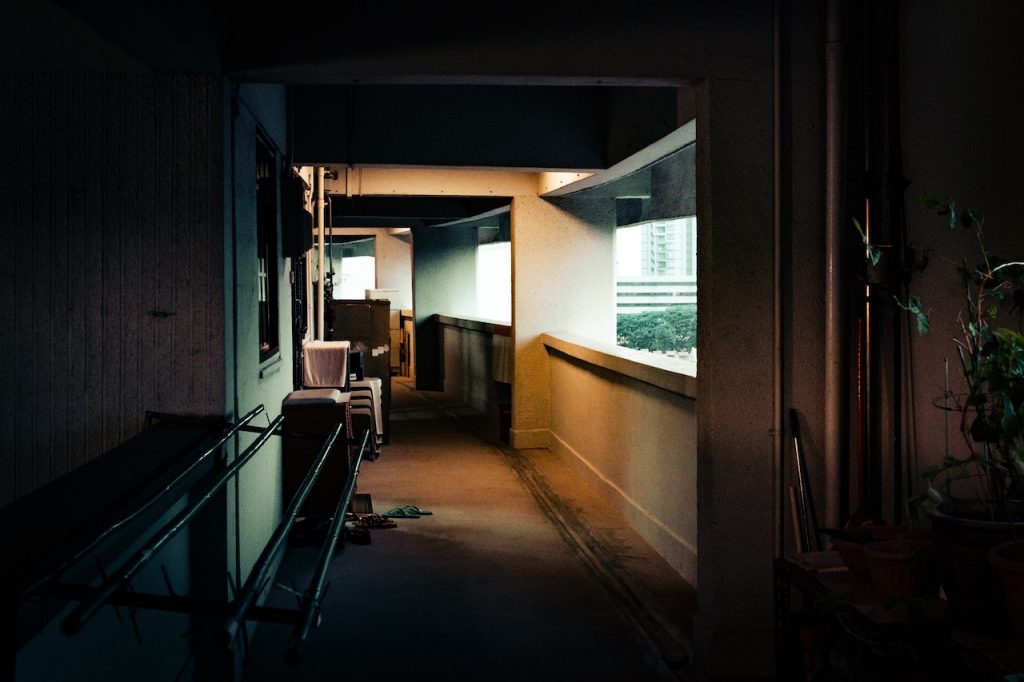
Yet to the average citizen, paternalism appears to be driven by a preference for ego over evidence.
With the practice of paternalism honed over many decades, it has become instinctive for elected officials to double down on existing policy when challenged, and not admit to possible oversights. For example, in response to the widespread flak that social enterprise hawker centres (SEHC) received from both hawkers and customers in recent months, Environment and Water Resources Minister Masagos Zulkifli called the SEHC model “generally sound”. He further said that the government would allow market mechanisms to take effect, instead of mandating low rents.
The paternalistic state tends to insist that it knows what’s best for its citizens. The paternalism practised in Singapore is also, increasingly, of the moralising, choice-reducing variety (i.e. hard paternalism), expressed in the form of bans.
The most recent example of this is the Orchard Road smoking ban. Even though people are still allowed to smoke within designated areas, some commentators have already argued that the ban might be inconvenient for the same visitors it wants to create a better experience for.
And earlier this year, a few MPs raised the possibility of banning smoking in homes to curb secondhand smoke, revealing the assumption that the state can, or should, infringe on every aspect of a private citizen’s life as long as it’s for ‘the greater good’ of society. This suggestion also reinforces the binary thinking that is inherent in moral panic: that things or people can be easily classified as good or evil, as right or wrong, as keeping with our values or being against those values.
The reality is usually far more complex. With almost any regulation or policy, there are benefits as well as costs; winners and losers. Seen through this lens, regulations and policies should be calibrated according to the balance of costs and benefits to society. It is only when the social costs far exceed social benefits, and there are no practical alternatives to a ban, should the right policy response be outright prohibition.
Bans, after all, are a prime example of myopic thinking. If the authorities want to put a complete stop to supposedly socially and morally questionable behaviour, huge resources would have to be expended to enforce the law. It’s likely that costs would outweigh the benefits of completely eliminating that behaviour.
The alternative would be to turn a blind eye to most violations, enforcing the law only when there are complaints. Yet this would raise concerns about the consistency of law enforcement, inevitably undermining public trust in the authorities and their regulations.
For this reason, economists generally prescribe regulation and taxation to deal with activities that cause harm to third parties, such as smoking or vaping, alcohol consumption, gambling and commercial sex, rather than outright prohibition.
Considering how much we take pride in being a nation of hardworking individuals, bans are also a lazy solution. Once something is banned, the policymaker has little incentive to think creatively about how his policy problem can be solved; he just has to outsource his job to the police or an enforcement agency.
Instead, regulators must give thought to the broader, unintended consequences of bans, even if they are on things that harm consumers. We might then benefit from a softer form of paternalism, one that relies on the use of nudges and defaults which preserve individual choice and autonomy.
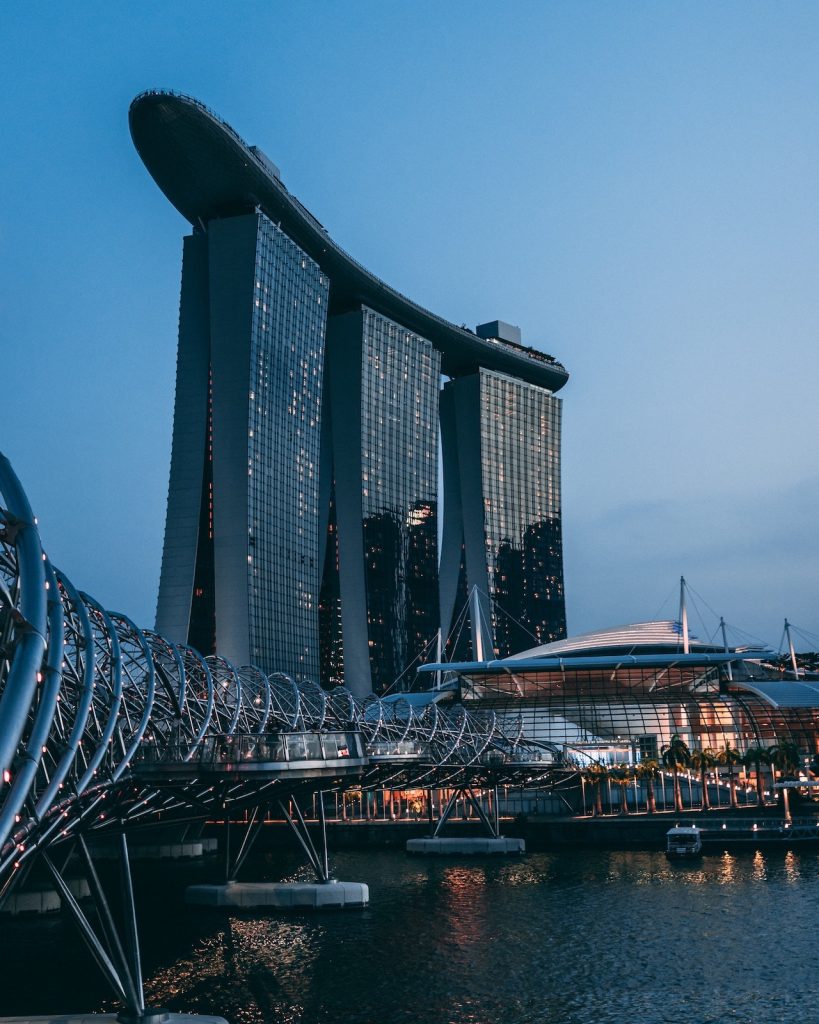
To the government’s credit, it can be quite responsive to public pressure if the issue at hand attracts broad-based support amongst the population and becomes politically salient. For instance, the widespread opposition to the unfair terms imposed by some of the social enterprise hawker centres (SEHC) led the National Environment Agency to quickly prescribe changes to the contractual terms at SEHCs.
In contrast, when the public is passive towards the status quo, or it is apathetic over proposed alternatives, the state seldom feels the need to amend the status quo, even when it is far from ideal.
Whether the debate was over introducing minimum wages, the repeal of Section 377A, or allowing e-cigarettes, the state assessed that these issues did not upset average or neutral Singaporeans to justify changes to the status quo.
On minimum wage in particular, it should not be surprising that the average voter is probably against it; only very low-wage workers would benefit from a national minimum wage.
Meanwhile, the forces opposed to change can rely on moral panic to beat back any effort by minority groups arguing for change, without ever citing evidence. Seen in this light, moral panic can be a force for conservatism and a tool to pre-empt the efforts of social reformers and activists, lest they become too influential. After all, moral panic often relies only on gut feelings and popular stereotypes.
The rest of the time, we are content with remaining politically quiescent and apathetic.

Once the seeds of moral panic are sown, those same puritan and paternalistic policies are ‘justified’ and used to ‘keep us in line’.
Through its use of moral panic, the government also infantilises its citizens. Instead of encouraging us to engage in critical thinking, policymaking that relies on moral panic makes us more prone to hasty conclusions based on our impulses, biases, stereotypes, and feelings. It also reduces our ability to deal with an often complex and ambiguous world.
This is because, as we’ve established, moral panic often reduces complex issues to simple binaries: good versus evil, right versus wrong, truth versus falsehoods. Moral panic obscures and blinds us to the shades of grey, the complicated trade-offs, and the untidy compromises that are often necessary in policymaking, especially as society becomes more plural and diverse.
More importantly, when we allow moral panic to inform public policy, we unwittingly end up mistaking moral panic as a necessary part of bureaucracy. We grant elites the power to define society’s values and beliefs, to persist with its paternalism, and to continue reducing our choices and our autonomy. All this reinforces inequality; anyone who doesn’t subscribe to the same values and beliefs gets persecuted or marginalised.
Unfortunately, these are all conditioned beliefs and learned behaviours that we as individuals must actively unwind if we want public policy to stop pandering to unfounded and irrational fears. This should be the first step in building a “smart nation”.
To divorce moral panic from public policy, perhaps we must first stop using moral character to define our personal identity. When we make this basic shift within our personal lives, we may stop using our subjective moralities as the lens through which we perceive society’s ills.
Likewise, policymakers and politicians must not determine their policy positions on actual problems by only asking what their personal morality tells them. Instead, the main criterion for policymaking should be a secular morality: the costs and benefits to society.
If we say that our policies are robust and can withstand scrutiny, it’s only right that they should be immune to the temptations of moral panic. We must resist allowing our fears to cloud objective facts. After all, Singaporeans boast that we are a pragmatic, rational people not prone to emotional flights of fancy.
So let’s get one thing straight: allowing our public policies to be driven or influenced by appeals to moral panic is the furthest thing from the staunch pragmatism we claim to uphold.

